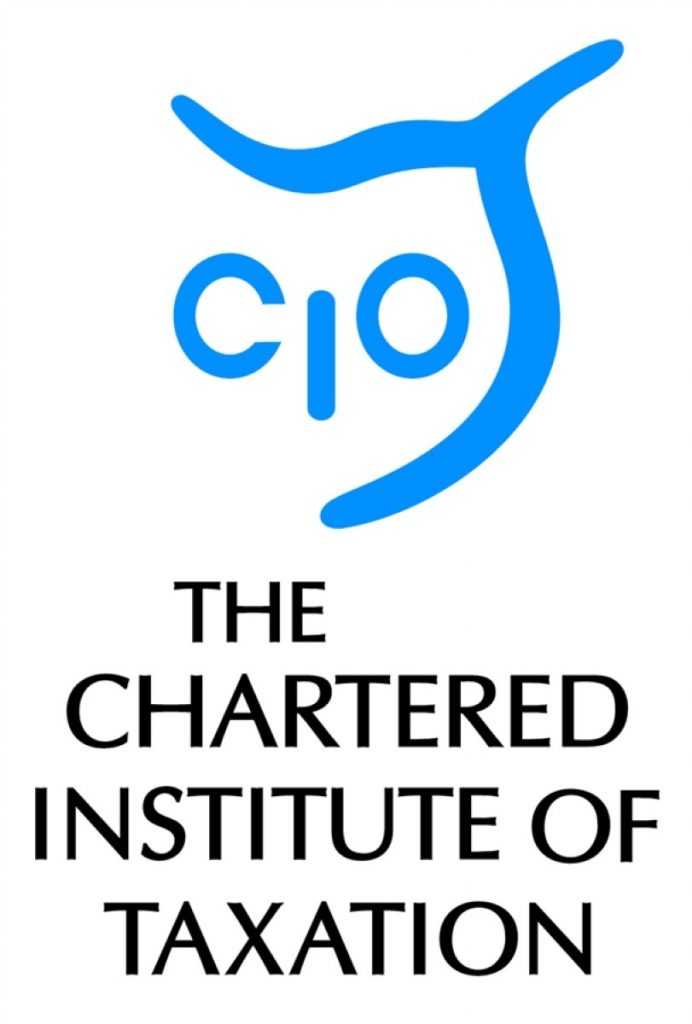Apprenticeship levy offset must be easy to claim for small employers, say LITRG
The Chancellor announced today that an apprenticeship levy, set at a rate of 0.5% of an employer’s paybill will be introduced in April 2017. Theoretically only large employers will be paying it, however in practice, many more employers – particularly small or micro employers – may find themselves contributing if the £15,000 ‘offset’ is not easy to understand or claim.
As announced by the Chancellor in today’s spending review, the apprenticeship levy will be set at a rate of 0.5% of an employer’s pay bill and will be paid through the Pay As You Earn system. However, each employer will receive an allowance of £15,000 to offset against their levy payment, meaning, theoretically, the levy will only be paid on any pay bill in excess of £3 million.
This will be a welcome announcement to smaller employers – many of whom are no doubt already struggling with ever increasing employment costs. However, if the £15,000 allowance is anything like the Employment Allowance (which employers can claim to reduce their employers National Insurance bill), it will be necessary to tick a box in either the payroll software or on the paper equivalent form to claim the allowance and negate the levy.
On this, Anthony Thomas, Chairman of the Low Incomes Tax Reform Group (LITRG), says:
“There is almost certain to be the same general lack of awareness about the apprenticeship levy allowance as we saw with the Employment Allowance. Therefore if employers have to ‘opt-out’ rather than having the allowance applied automatically, they may well pay over more than they need to.
“We therefore urge the Government to ensure the availability of the £15,000 allowance is as well publicised as possible and make it crystal clear to employers – particularly small employers such as care and support employers who, in our experience, struggle to keep up with constant changes to the requirements of running a payroll – what they need to do to claim the allowance.”
1. Low Incomes Tax Reform Group
The Low Incomes Tax Reform Group (LITRG) is an initiative of the Chartered Institute of Taxation (CIOT) to give a voice to the unrepresented. Since 1998 LITRG has been working to improve the policy and processes of the tax, tax credits and associated welfare systems for the benefit of those on low incomes.
The CIOT is the leading professional body in the United Kingdom concerned solely with taxation. The CIOT is an educational charity, promoting education and study of the administration and practice of taxation. One of our key aims is to work for a better, more efficient, tax system for all affected by it – taxpayers, their advisers and the authorities. The CIOT’s work covers all aspects of taxation, including direct and indirect taxes and duties. The CIOT’s 17,500 members have the practising title of ‘Chartered Tax Adviser’ and the designatory letters ‘CTA’, to represent the leading tax qualification.





-01.png)